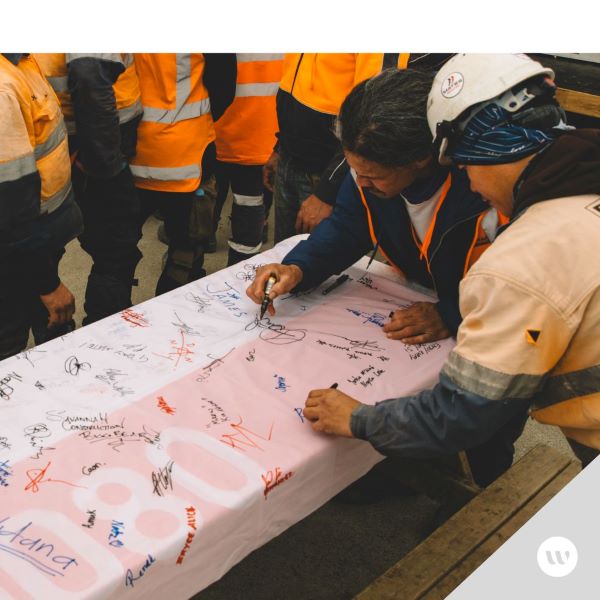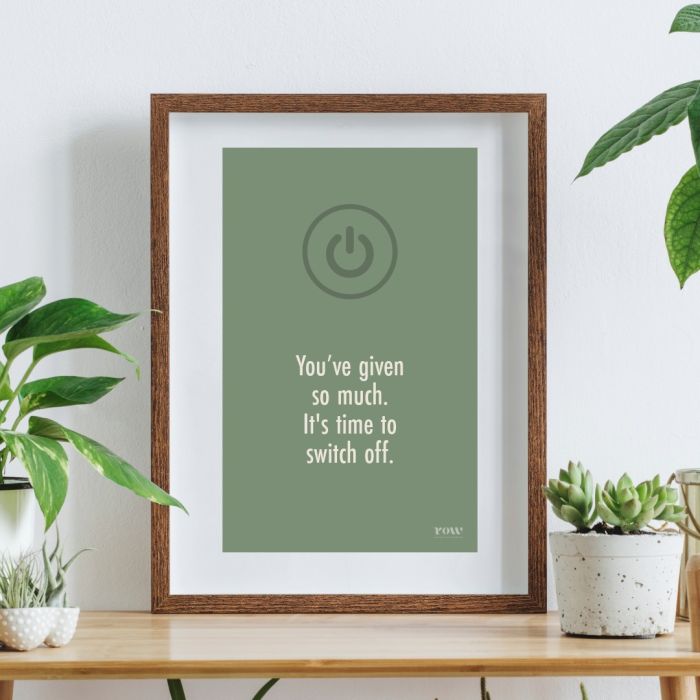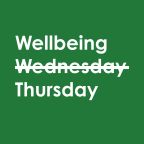Notably, 71% of construction workers reported at least one home life issue affecting their wellbeing, with many dealing with multiple challenges at once.
MATES Research Manager, Dr Lauren Donnan says many workers in the focus groups reported having to work second jobs such as uber driving at night to increase wages “because it is so expensive in Aotearoa to be able to especially have a family afford that cost of living."
In the construction sector, Donnan says, "When you've got work, you take the work, you go 100 miles an hour, you're working excessively long days and you're getting home and your missus has been home with the kids and she's angry because you're home late again and you're having to battle that and then do it all over again the next day. That is hard. That's really hard."
Want to read more?
Sign in below if you're a Revolutionary (member).
Not a member yet?
Join in seconds! Just $10/month (+ any tax).
Cancel anytime.
Be a revolutionary and join now










